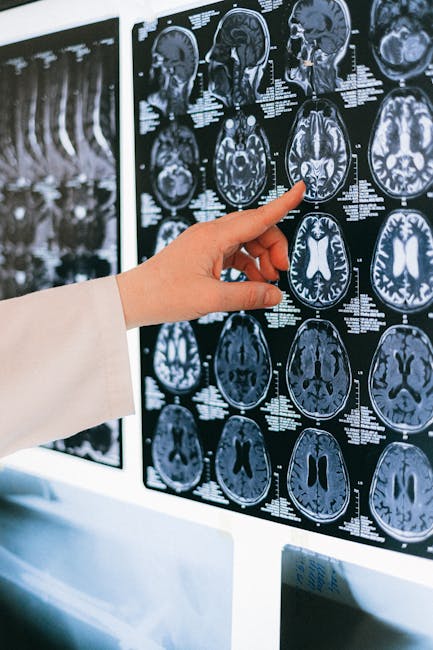-
Stem Cell Therapy Shows Promise for Parkinson’s: Two independent clinical trials (Kyoto University and Memorial Sloan Kettering Cancer Center) demonstrate the safety of stem cell therapies for Parkinson’s disease. Published in Nature.
-
Parkinson’s Disease Background: Neurodegenerative disorder characterized by loss of dopamine-producing neurons, leading to motor function impairment. Current treatments (dopaminergic medications) have limitations and side effects.
-
Kyoto University Trial (iPSCs):
- Phase I/II trial using dopaminergic progenitors derived from human induced pluripotent stem cells (iPSCs).
- No serious adverse events reported in seven patients.
- Transplanted cells produced dopamine without overgrowth or tumors.
- Observed decrease in motor symptoms in some participants (variable results depending on measures).
-
Memorial Sloan Kettering Cancer Center Trial (ESCs):
- Phase I clinical trial using a dopaminergic neuron progenitor cell product (bemdaneprocel) derived from human embryonic stem cells (ESCs).
- No severe adverse events related to the therapy in twelve patients during 18 months of follow-up (low and high dose groups).
- Some improvement in motor function observed in both dose groups (variable results).
-
iPSCs Importance: Induced Pluripotent Stem Cells are generated from adult somatic cells and have the ability to develop into any human cell type. They are used in testing, disease modeling and transplantation medicine.
-
Stem Cell Therapy Approach: Aims to replace lost dopamine-producing neurons by transplanting lab-grown cells derived from pluripotent stem cells into the patient’s brain.
-
Future Implications: Cell therapy, specifically replenishing dopamine-producing neurons, could provide a potentially more effective treatment with fewer adverse effects for Parkinson’s Disease.
